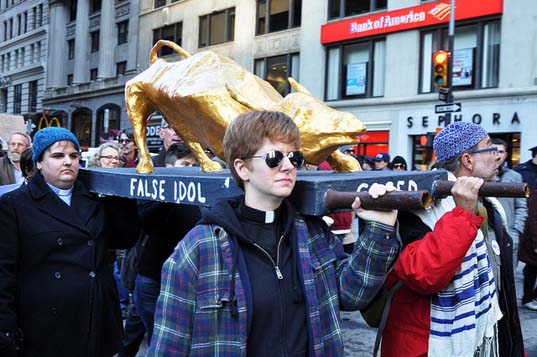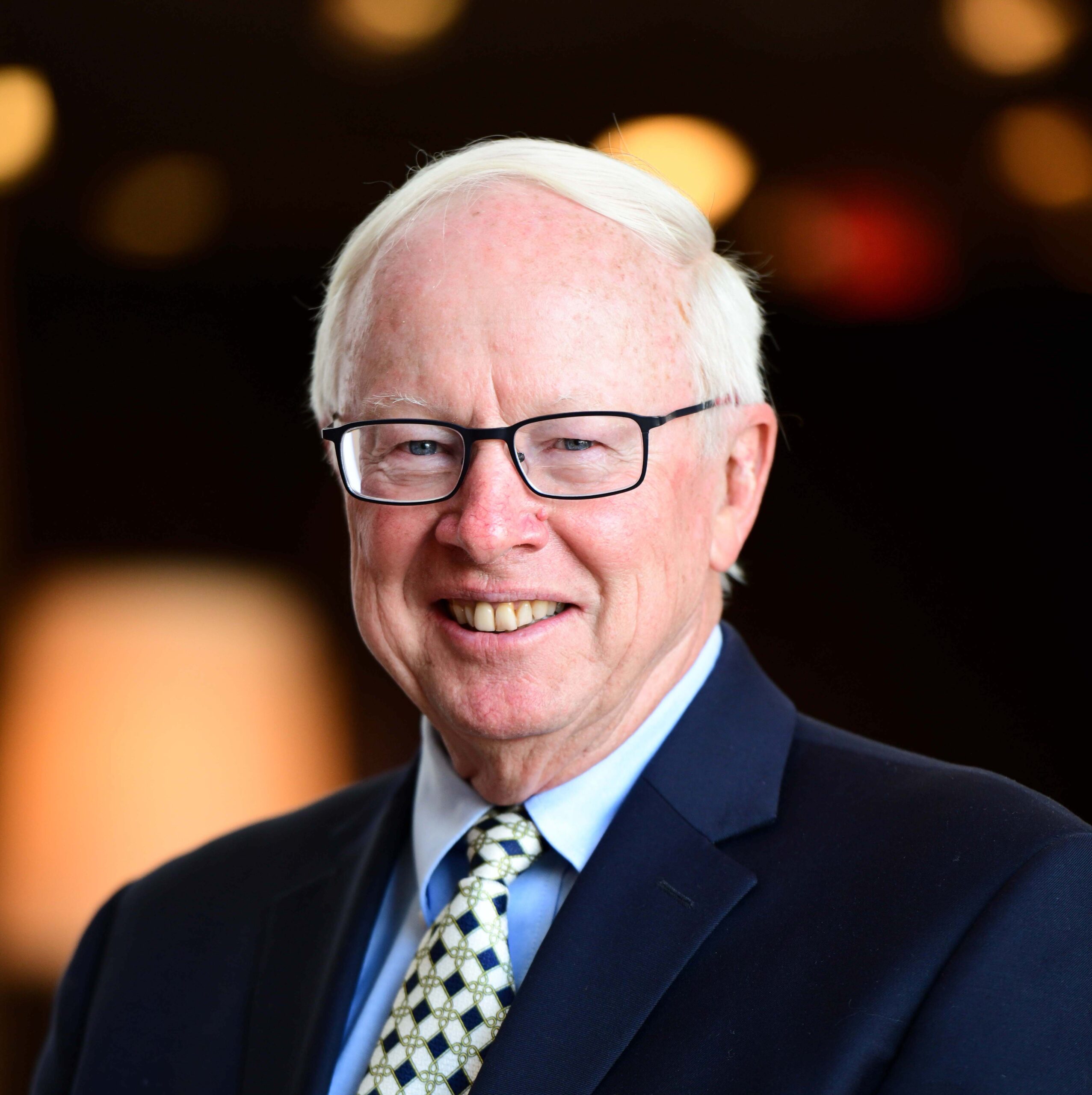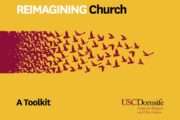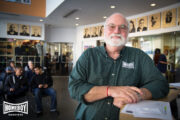Donald Miller, Firestone Professor of Religion and executive director of the Center for Religion and Civic Culture, offers ten predictions for 2012 and the rest of the decade.
1. Religion will be increasingly polarized.
Religion will be increasingly polarized around conflicting views of solutions to the problems confronting individuals in a rapidly changing society. A significant number of people will turn to the past, seeking anchorage and solace in older, more traditional forms of religious practice. Evangelicals who are burned out on the entertainment orientation of mega-churches will turn to more liturgical traditions, including Catholicism, or will drop out of church-going altogether. Alienated mainline Christians who reject their denomination’s “secular” moral views related to homosexuality, abortion, and the roles of women will leave, further weakening the struggling “old-line” Protestant denominations.
2. Evangelicals will be fractured along age and class lines.
Striking new divides will fracture Evangelicals along age and class lines. Younger and more educated Evangelicals will embrace “progressive” political solutions to the problems confronting society; older, rural, and less educated Evangelicals will hang on to individualistic, boot-straps solutions that ignore structural inequalities.
3. Prosperity Gospel Pentecostalism will continue to hold appeal.
Prosperity Gospel Pentecostalism will continue to hold appeal for people who are facing desperate financial and personal conditions. However, as Pentecostals deepen their analysis of the roots of poverty and the path to success, they will create “progressive” alternatives to the gospel of “health and wealth.”
4. Power vacuums will increase sectarian and interreligious conflict in the Middle East.
Sectarian and interreligious conflict will increase in the Middle East region in light of power vacuums created by events such as the Arab Spring, the end of the Iraq war, and the ongoing Israeli-Palestinian conflict. Majority religious groups will continue to persecute “the other” as well as sects within their own religious traditions. Religious freedom will remain a headline in the news media, but foreign governments hoping to intervene will be impotent in effecting more liberal policies.
5. Secularism will increase, but many people will remain open to spirituality.
Secular world views will be increasingly common in the United States. Nevertheless, many people will remain open to the depth-dimension of spirituality, albeit not in the ancient cosmologies of Judaism and Christianity.Â
6. Many individuals will seek solitude to protect themselves from information overload.
Increasingly people in the developed world will seek out moments of solitude and silence as a way to protect themselves from the onslaught of information and technology that they deem to be a distraction from experiencing personal meaning and inner peace. The number of people observing Internet holidays, visiting monasteries, and practicing some form of meditation will increase.
7. Religious groups will expand their presence in public demonstrations against economic inequality.
Religious groups will expand their participation in large-scale political demonstrations related to economic inequality, cutbacks in social welfare, and disgust over the inability of government to enact policies for the general welfare.  Religious leaders will play an important role in teaching non-violent methods, drawing heavily on the Civil Rights movement and its religious roots.
8. Retiring baby-boomers will bolster religious volunteerism.
Retiring baby-boomers will be a source of volunteers for religious groups who will play increasingly important roles in providing emergency services for people who are jobless and homeless. Equally important will be emotional and spiritual support to members who have lost jobs, have inadequate retirement incomes, and are depressed by their own circumstances and the state of the world economy.
9. Declining economic prospects will cause the evolution of religious expressions.
We will begin to see the evolution of new religious expressions and practices that take into account declining economic prospects for large numbers of people, the challenges of environmental change, and the need to live with fewer inessential goods and services. There will be experiments with alternative living arrangements, measuring self-worth by non-economic values, and recovery of community and communal sharing.
10. Religion will be a resource for addressing global challenges in both positive and negative ways.
Violence will not diminish in this century nor will protracted poverty in many parts of the globe. Religion will continue to be a primary resource for people who seek creative, responsible, and fulfilling lives as they seek to address these challenges.
Photo from Mike Fleshman.
Donald E. Miller is the co-founder of the USC Center for Religion and Civic Culture.








